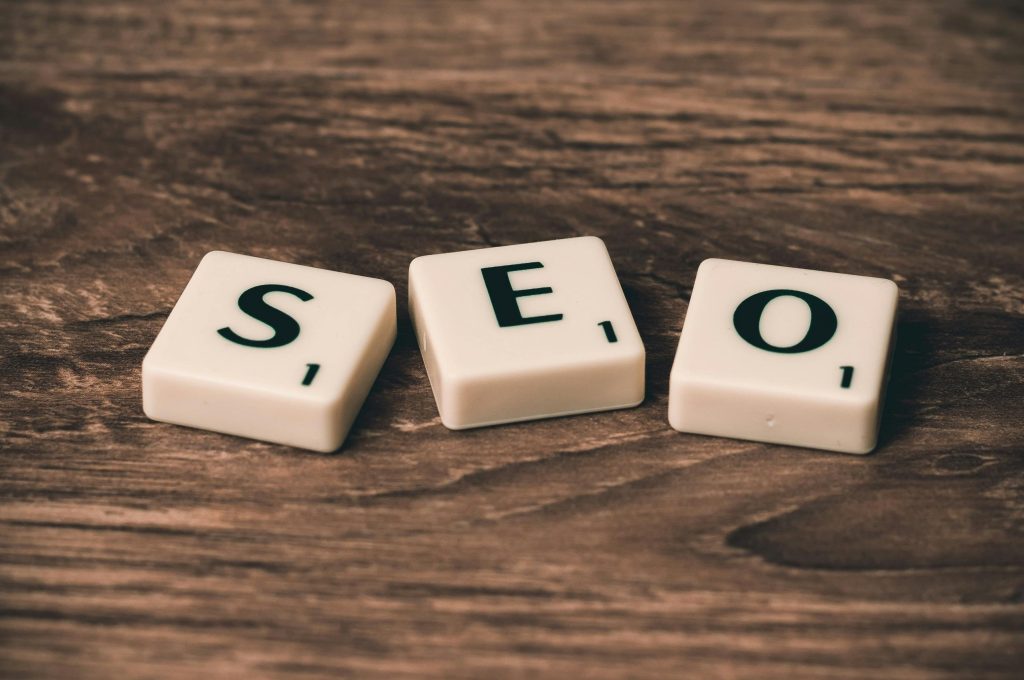Introduction
Backlinks are one of the most important factors in search engine optimization (SEO). But not all links carry the same weight. If you’ve spent any time researching SEO, you’ve likely encountered the terms “dofollow” and “nofollow” — two simple attributes that can significantly impact your site’s search rankings.
Understanding how dofollow and nofollow links affect SEO is essential for website owners, bloggers, marketers, and anyone involved in link-building or content creation. In this article, we’ll break down what these link types mean, how they work, and how to approach them as part of your SEO strategy.

What Are Dofollow and Nofollow Links?
At a technical level, both dofollow and nofollow links are standard hyperlinks on the web. The difference lies in how search engines treat these links when crawling and indexing web pages.
Dofollow Links
Definition: A dofollow link is a standard hyperlink that allows search engines to follow the link and pass SEO value (commonly referred to as “link juice”) from one page to another.
Example HTML:<a href="https://example.com">Anchor Text</a>
When a site links to your page with a dofollow link, it signals to search engines that the referring site vouches for your content.
Nofollow Links
Definition: A nofollow link includes an attribute in the HTML that tells search engines not to pass link equity or follow the link for ranking purposes.
Example HTML:<a href="https://example.com" rel="nofollow">Anchor Text</a>
Nofollow links were introduced by Google in 2005 to help combat spam and paid link schemes.
Key Differences Between Dofollow and Nofollow Links
| Factor | Dofollow | Nofollow |
|---|---|---|
| Passes SEO Value | Yes | No (or limited) |
| Search Engines Follow Link | Yes | No (or optional) |
| Affects Search Rankings | Directly | Rarely or indirectly |
| Used For | Editorial links, natural citations | Sponsored content, paid links, user-generated content, comments, forums |
| HTML Attribute | None | rel="nofollow" |
How Dofollow Links Affect SEO
Dofollow links play a significant role in Google’s algorithm and other search engines by:
- Passing PageRank from one page to another
- Helping search engines assess the authority and relevance of your content
- Contributing to domain authority and trustworthiness
- Improving organic search rankings when earned naturally from reputable sources

In link-building strategies, acquiring high-quality dofollow backlinks from authoritative sites is often the primary goal because they directly contribute to SEO growth.
How Nofollow Links Affect SEO
While nofollow links traditionally did not pass SEO value, Google has evolved how it treats these links.
Key points:
- Google announced in 2019 that it may choose to treat nofollow links as “hints” rather than strict directives.
- Nofollow links may contribute indirectly to SEO by driving traffic, increasing visibility, or enhancing brand awareness.
- Nofollow links from highly reputable sites (news media, Wikipedia, forums) may still carry some weight depending on context.
In general, nofollow links:
- Are useful for traffic and brand exposure
- May still provide minor SEO benefits under certain conditions
- Help protect sites from link manipulation penalties
When to Use Nofollow Links
Google recommends using nofollow (or other rel attributes like rel="sponsored") in situations such as:
- Paid or sponsored content
- Affiliate links
- User-generated content (blog comments, forum posts)
- Untrusted or unvetted links
Using nofollow correctly helps maintain search engine trust and avoids penalties for unnatural linking.

How Search Engines Treat Nofollow Links (Updated Approach)
Since 2019, Google treats nofollow, sponsored, and UGC (user-generated content) attributes as hints, not absolute commands. This means:
- Google may still follow and index nofollow links.
- Google may choose to consider some nofollow links for ranking purposes.
- The degree of influence depends on the specific situation, link source, and content relevance.
This shift gives Google more flexibility in combating link spam while allowing valuable nofollow links to contribute when appropriate.
Are Nofollow Links Useless?
Not at all. Nofollow links still offer several benefits:
- Referral Traffic: Quality nofollow links can send valuable visitors to your site.
- Brand Visibility: Exposure on high-traffic sites increases brand authority.
- Link Diversity: A natural backlink profile includes a mix of dofollow and nofollow links.
- Networking Opportunities: Relationships with reputable sites can lead to future dofollow opportunities.
In a balanced SEO strategy, both dofollow and nofollow links play important roles.
Best Practices for Managing Dofollow and Nofollow Links
- Focus on earning natural, high-quality dofollow backlinks.
- Use nofollow (or
rel="sponsored") for any links that could be perceived as paid or promotional. - Monitor your backlink profile for toxic or spammy links and disavow them if necessary.
- Diversify your backlink sources to maintain a healthy and natural-looking link profile.
- Don’t obsess over nofollow vs. dofollow ratios—prioritize relevance, authority, and quality.

Conclusion
The difference between dofollow and nofollow links lies primarily in how search engines treat them for ranking purposes. Dofollow links directly influence your site’s SEO by passing link equity, while nofollow links serve a more limited but still valuable role in referral traffic, visibility, and link diversity.
In a comprehensive SEO strategy, both link types can support your goals when used appropriately. Focus on creating valuable content, building relationships, and earning trust—search engines will reward you over time.



